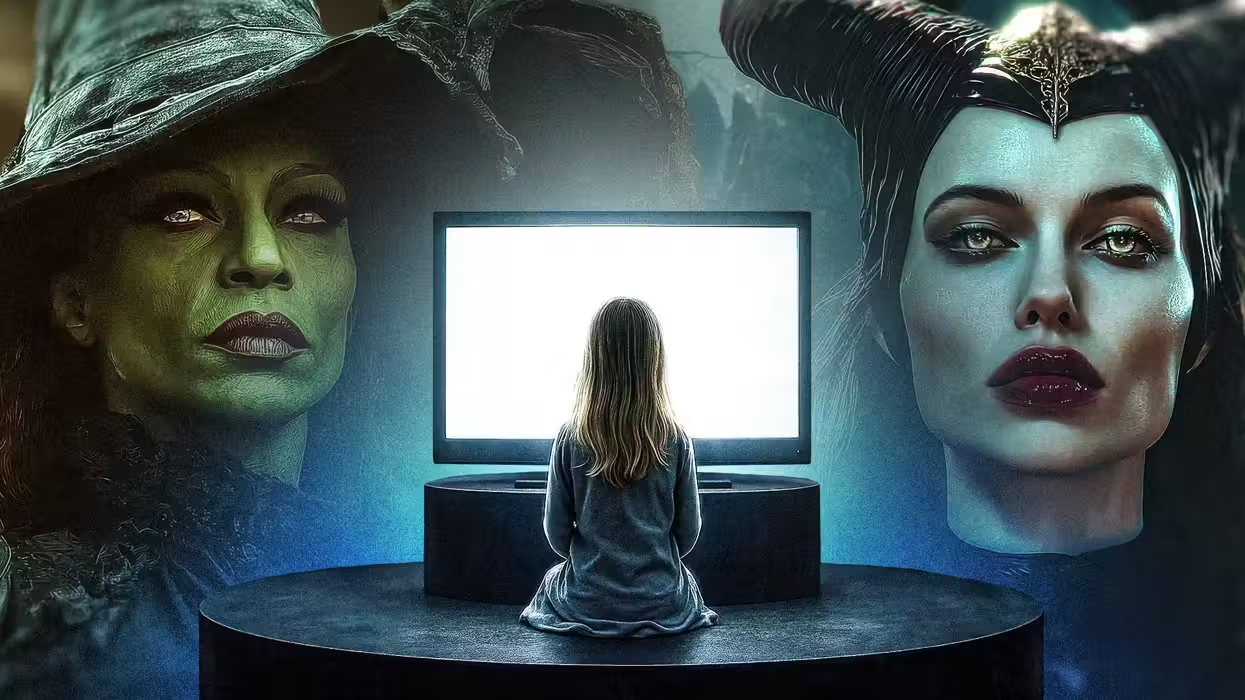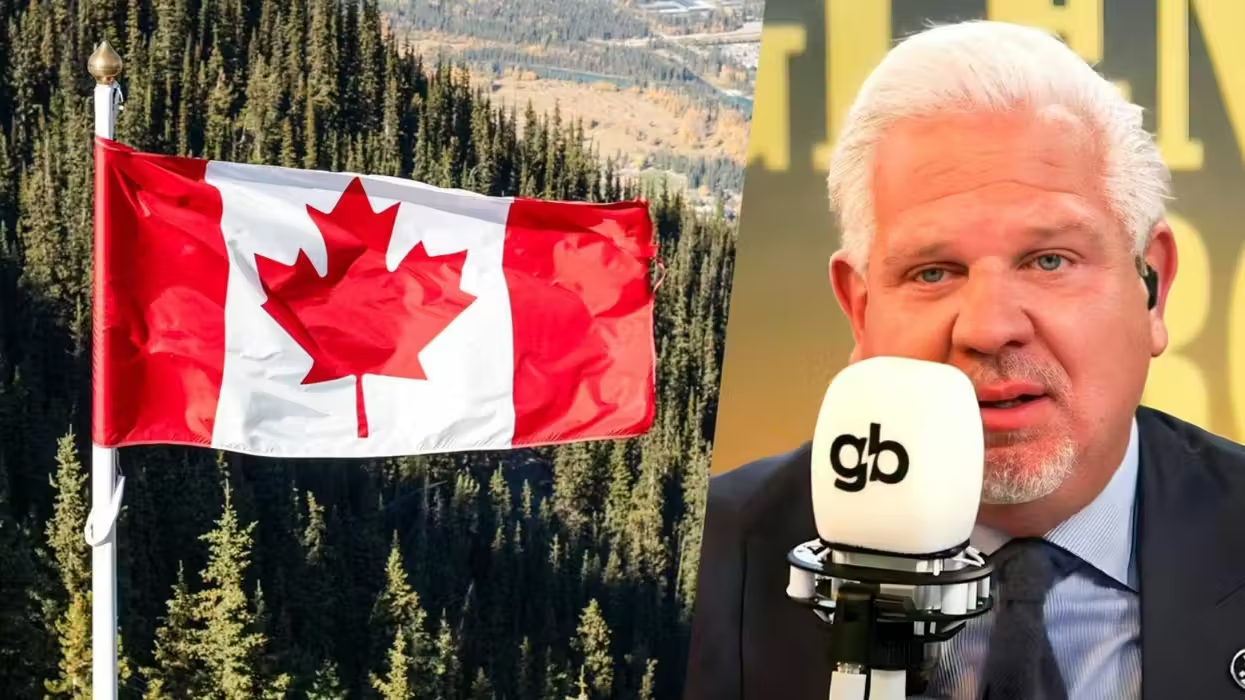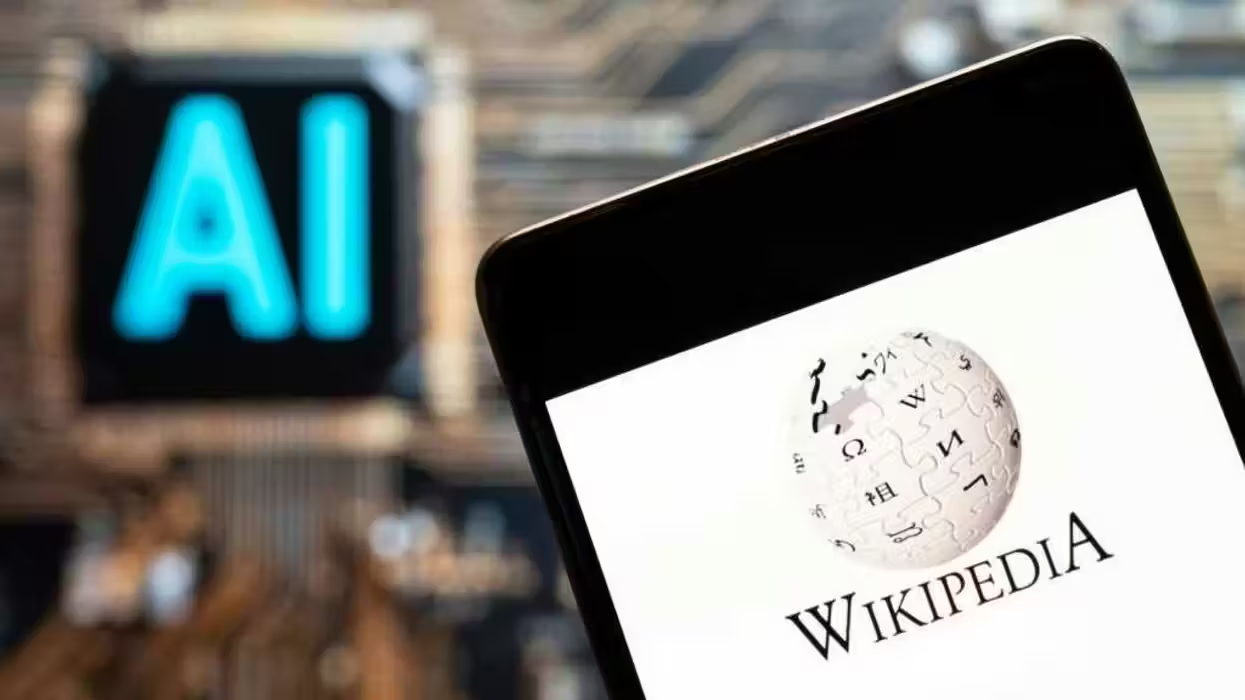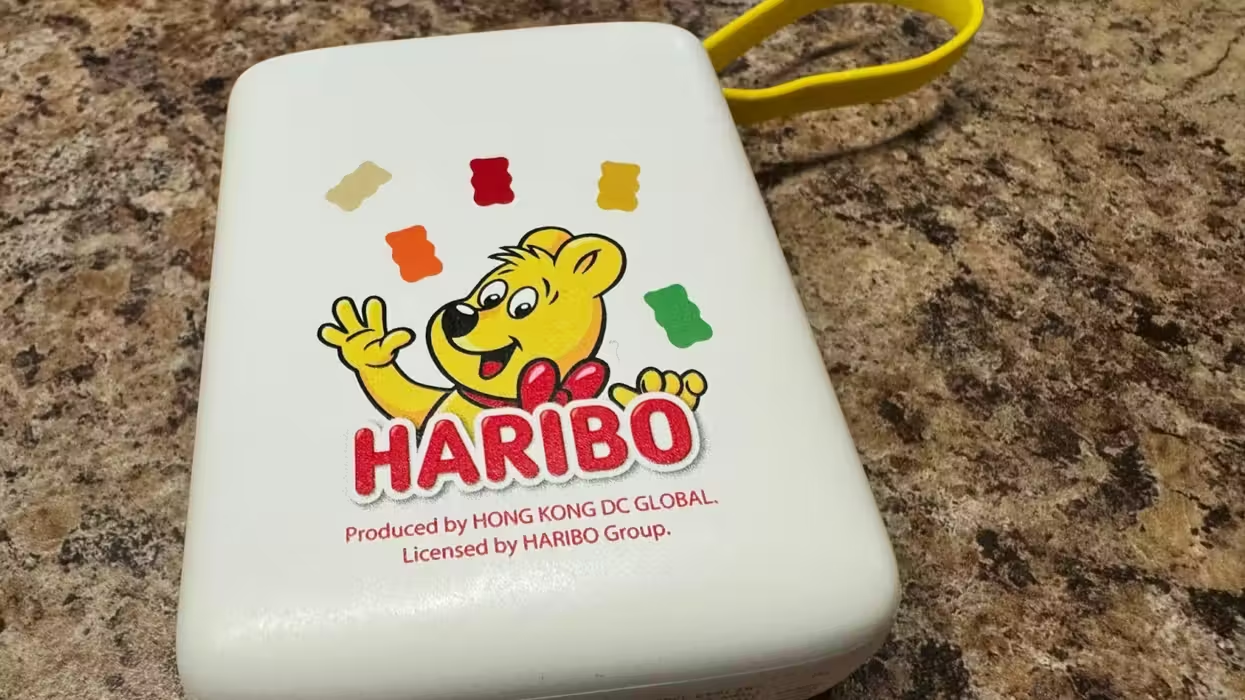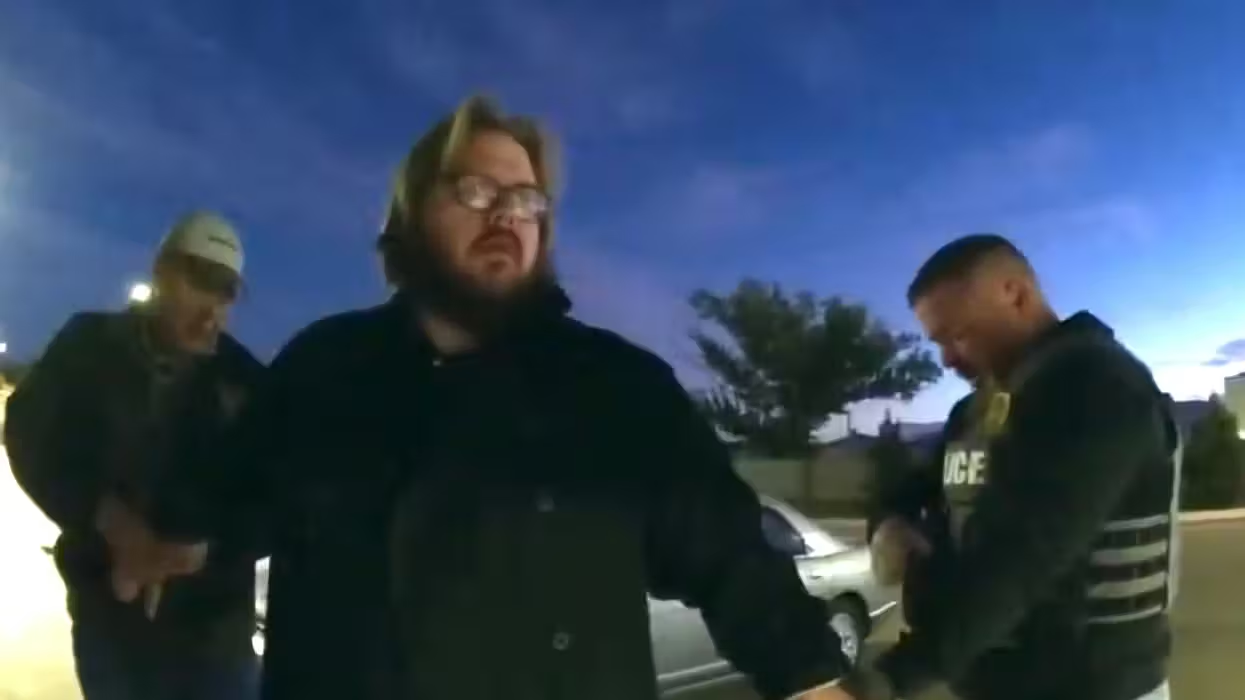 The Rev. Martin Luther King Jr., left, speaks in New York, Oct. 16, 1965, and President Obama, Dec. 3, 2012, at the National Defense University in Washington.
The Rev. Martin Luther King Jr., left, speaks in New York, Oct. 16, 1965, and President Obama, Dec. 3, 2012, at the National Defense University in Washington.
(Michael Ochs Archives/Alex Wong/Getty Images)(Graphic from: ABC News)
President Barack Obama visited the Jerusalem grave of Prime Minister Yitzhak Rabin Friday morning to pay tribute to the leader slain by an Israeli extremist who opposed his move to cede parts of the biblical land of Israel to the Palestinians.
In line with Jewish tradition, Obama placed a stone on Rabin’s grave, but that act had a greater significance.
The Atlantic’s Jeffrey Goldberg tweeted that Obama had brought the stone with him from the Martin Luther King, Jr. Memorial in Washington.
This was not the first time on the trip that Obama used the slain civil rights leader to draw parallels with the Israeli-Palestinian conflict.
TheBlaze reviewed the transcripts of Obama’s speeches posted on the White House website as of Thursday night and found references both to Dr. King and to social justice. At the state dinner hosted by Israeli President Shimon Peres, Obama said (emphasis added by TheBlaze):
Rabbi Abraham Joshua Heschel was born in Poland and lost his mother and sisters to the Nazis. He came to America. He raised his voice for social justice. He marched with Martin Luther King. And he spoke of the State of Israel in words that could well describe the struggle for equality in America. “Our very existence is a witness that man must live toward redemption,” he said, and “that history is not always made by man alone.”
Rabbi Joachim Prinz was born in Germany, expelled by the Nazis and found refuge in America, and he built support for the new State of Israel. And on that August day in 1963, he joined Dr. King at the March on Washington.
At his speech to students in Jerusalem earlier on Thursday, Obama said:
Of course, even as we draw strength from the story of God’s will and His gift of freedom expressed on Passover, we also know that here on Earth we must bear our responsibilities in an imperfect world. That means accepting our measure of sacrifice and struggle, just like previous generations. It means us working through generation after generation on behalf of that ideal of freedom.
As Dr. Martin Luther King said on the day before he was killed, “I may not get there with you. But I want you to know that we, as a people, will get to the promised land.” (Applause.) So just as Joshua carried on after Moses, the work goes on for all of you, the Joshua Generation, for justice and dignity; for opportunity and freedom.
While Obama didn’t raise Martin Luther King, Jr.’s name during his press conferences with Israeli Prime Minister Benjamin Netanyahu and Palestinian President Mahmoud Abbas, Politico Correspondent Josh Gerstein noticed that Obama repeatedly used American race metaphors and the struggles of African Americans to draw comparisons with the Mideast conflict. He writes:
One of the parallels the president drew—comparing the plight of Palestinians to that of blacks in the U.S.—has drawn criticism in the past when he raised it in this region.
During a press conference with Palestinian Authority President Mahmoud Abbas, Obama said young people he'd met on the trip made him think of his own children.
Obama said:
Whenever I meet these young people, whether they're Palestinian or Israeli, I'm reminded of my own daughters, and I know what hopes and aspirations I have for them. And those of us in the United States understand that change takes time but it is also possible, because there was a time when my daughters could not expect to have the same opportunities in their own country as somebody else's daughters. What's true in the United States can be true here as well.
Gerstein points out that those comments “which invoked life under Jim Crow in the U.S. or perhaps even under slavery—seemed to give support to Palestinian narratives that describe Arabs and Palestinians as second-class citizens in Israel.”
But later, during his address to the Israeli people, Obama emphasized African Americans’ shared history of slavery with Jews.
To African Americans, the story of the Exodus was perhaps the central story, the most powerful image about emerging from the grip of bondage to reach for liberty and human dignity -- a tale that was carried from slavery through the Civil Rights Movement into today.For generations, this promise helped people weather poverty and persecution, while holding on to the hope that a better day was on the horizon. For me, personally, growing up in far-flung parts of the world and without firm roots, the story spoke to a yearning within every human being for a home. (Applause.)
Then during the State Dinner speech, he said:
As I said in my speech earlier today, this story -- from slavery to salvation, of overcoming even the most overwhelming odds -- is a message that’s inspired the world. And that includes Jewish Americans but also African Americans, who have so often had to deal with their own challenges, but with whom you have stood shoulder to shoulder.African Americans and Jewish Americans marched together at Selma and Montgomery, with rabbis carrying the Torah as they walked. They boarded buses for freedom rides together. They bled together.
In this 1967 clip, Dr. King. voiced strong support for the security of Israel, then only two decades old. He said, “The whole world must see that Israel must exist and has the right to exist, and is one of the great outposts of democracy in the world.”
He is also quoted as having said: "Peace for Israel means security, and we must stand with all our might to protect its right to exist, its territorial integrity. I see Israel as one of the great outposts of democracy in the world, and a marvelous example of what can be done, how desert land can be transformed into an oasis of brotherhood and democracy. Peace for Israel means security and that security must be a reality."
And this: “When people criticize Zionists they mean Jews, you are talking anti-Semitism.”



